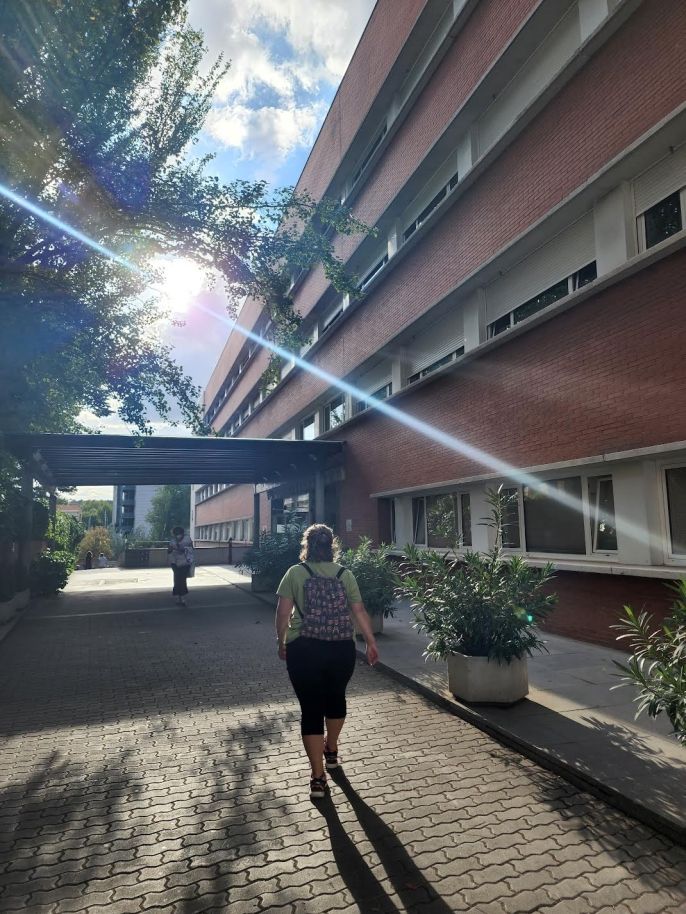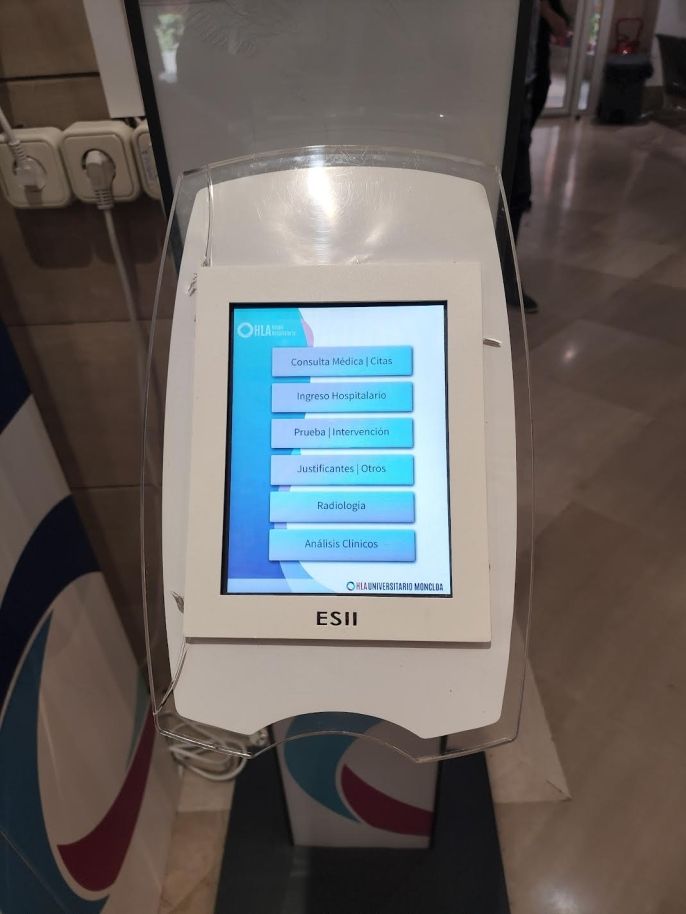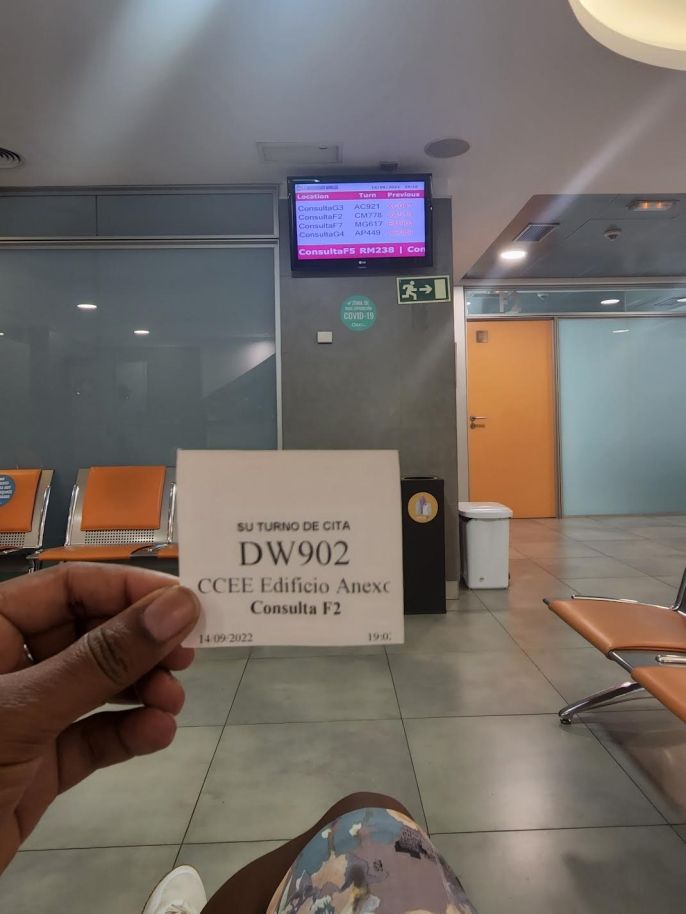Sick While Abroad
One of the scary things that can happen while abroad is getting sick. But it happens, so how does one deal with it? I am happy to say that for the most part, healthcare in Spain is similar to the States with a few differences that can be more cumbersome than worrisome. As a nurse, I was skeptical when I first had to go to the doctor just because I had some background knowledge. A few months ago I was having some pain in my shoulder and it was lasting a little too long. Naturally, I thought I tore something. First thing I did was call ASISA, our private health insurance assigned to us by CIEE. ASISA has a directory of English speaking doctors who work within their network. I was sent the information of one that worked nearby. They accept walk-ins, but by the time I arrived the doctor was fully booked, so I made an appointment for later that week.
At the appointment I presented my health insurance card to the secretary and went in to see the doctor. To my surprise, the Doctor did not speak much English so I had to speak in Spanish. This wasn’t ideal, but that's life. After I explained my symptoms, she did a brief exam and ordered that I go get an x-ray and ultrasound. She wrote a script and gave me the number of a hospital to call to make an appointment the following week. At the hospital, I was directed to the radiology department and had my test performed. Again, no one spoke any English. Once my tests were over, I made sure to confirm that I did not have to pay for anything. I would hate to get back to the States and have an insane bill to pay unknowingly. I waited a few days to go back to the doctor and she told me that she doesn't get the results directly. I would have to go back to the hospital to pick them up. This was a little cumbersome because in the States everything is digital. Information is sent via digital healthcare platforms or faxed over. So again, I went to the hospital to get my imaging results and had to make another appointment with the doctor to have the results read. It turns out I had some muscular inflammation and a few sessions of physical therapy or going to the gym will help.
Throughout this whole process, I did not have to pay a single thing surprisingly. But I did have to do a lot of back and forth which was annoying. In another example of my interaction with healthcare, I had the flu and was taking herbal remedies to alleviate my symptoms. At a certain point however, I needed something stronger. I went to the pharmacist, told them my symptoms and they gave me the medication on the spot, costing nine euros. Pharmacists are able to give medications based on symptoms, unlike the States, where only doctors, nurse practitioners, and physician assistants can prescribe. Also, the medication I was given was basic cold medication, something that I could easily buy at a Rite Aid or CVS in the over the counter section back in the States. They don't have a diverse aisle of over the counter medication. So my advice, stock up on meds from the States and bring them with you when going abroad.
In general, medications are cheaper in Spain. However, if you have a chronic disease that requires weekly management, then it is best to bring the medication with you from home. My private healthcare plan does not cover medication. Granted, this is rarely a problem because most medications are reasonably priced. However, I sadly ran into an obstacle getting the medication that I took at home while here and to get it, it would have cost me an unspeakable amount. Instead I had to go on a cheaper alternative. Advice: search the price of your medication in Europe while under private health insurance prior to coming. If your eyes bulge out like mine did once I was here, start making plans prior to coming.
Related Posts

Coping With Being Abroad During Big Events And Holidays
Being abroad for an extended period can be emotionally challenging, especially when distance creates guilt around missing major moments back home. This post explores practical and emotional ways to stay connected with loved ones, from managing time zone differences to sharing traditions abroad. Through journaling and reflection, this experience, both the highs and lows, can become a meaningful chapter rather than something to simply endure.

Daily Affirmations for Moving to Madrid
Eight daily affirmations to help you adjust to your new life in Madrid!

Why Choosing to Teach Abroad Was the Right Descion even though I Did Not Get a Degree In Teaching
Teaching abroad as a language assistant is a great way to move overseas while gaining skills that can lead to many future paths, including graduate school, entrepreneurship, or remote work. Because the role is part-time, it leaves ample time to explore hobbies, build side projects, volunteer, or discover new passions while still growing professionally. Living abroad also allows you to learn a new language, develop transferable skills like adaptability and communication, and strengthen your resume with international experience. Finally, teaching abroad offers valuable global networking opportunities and personal growth, making it a meaningful and worthwhile step after college.



